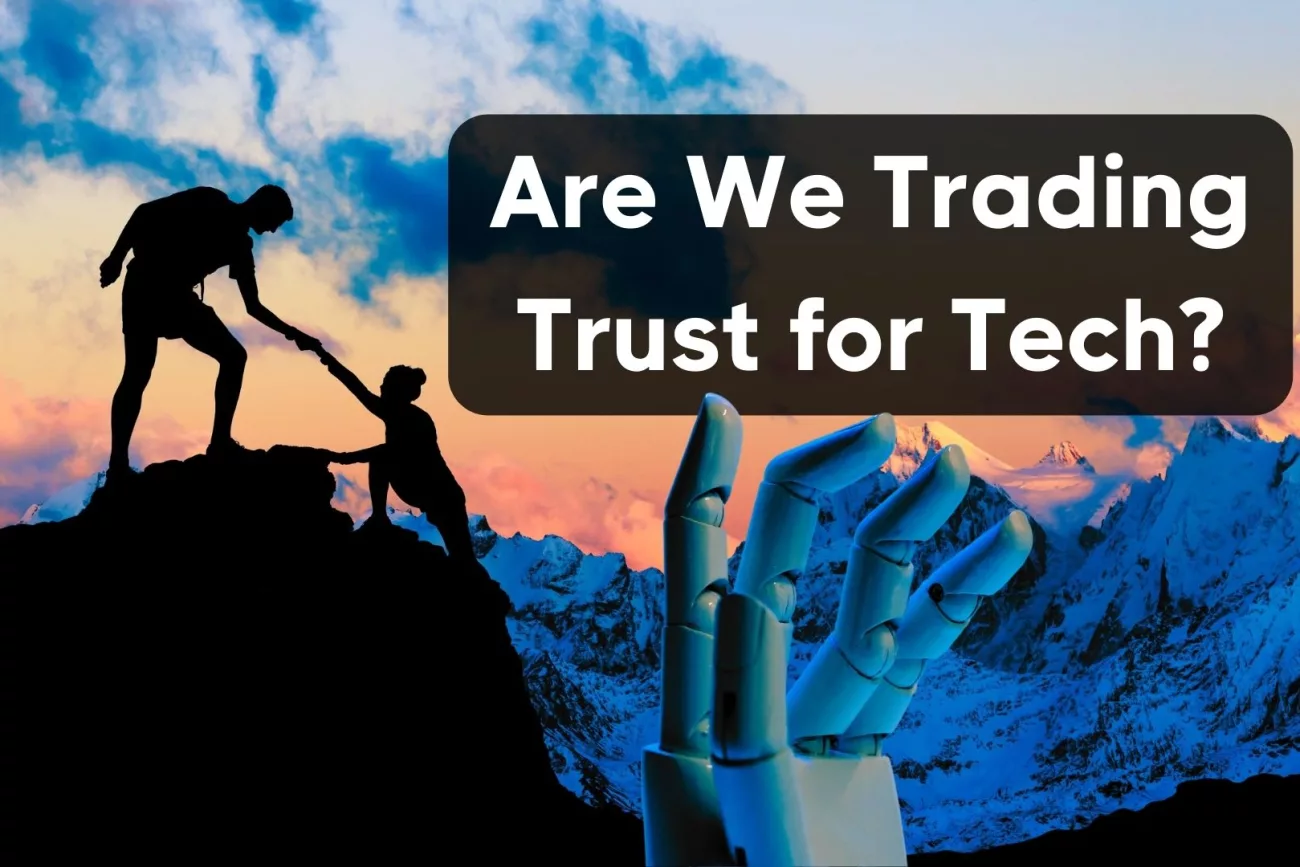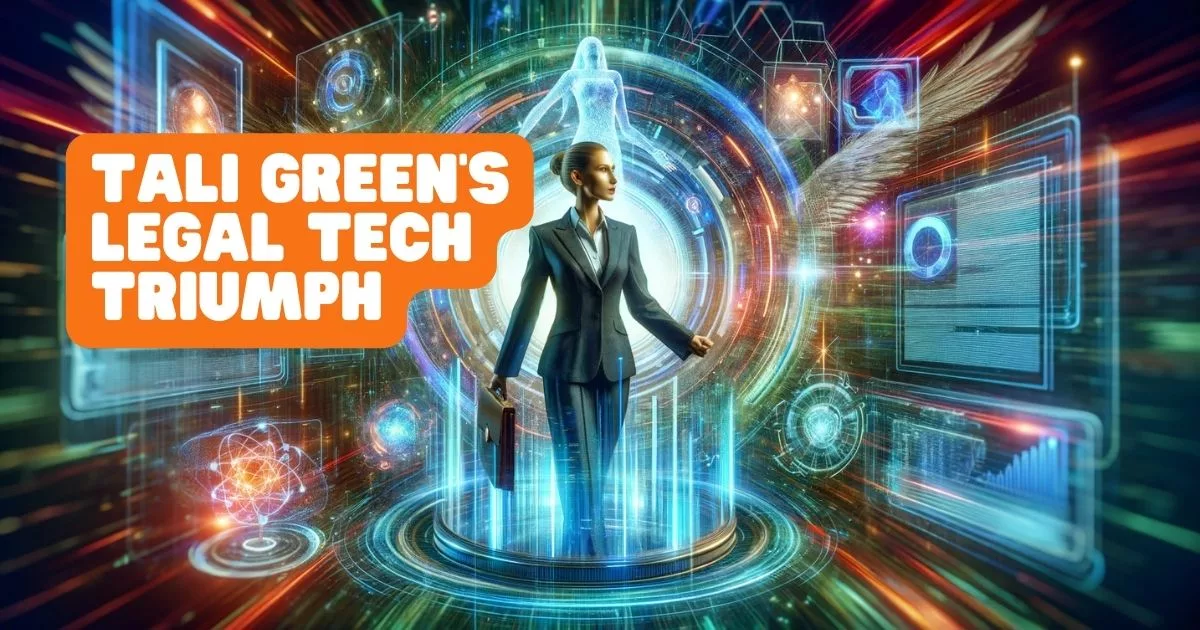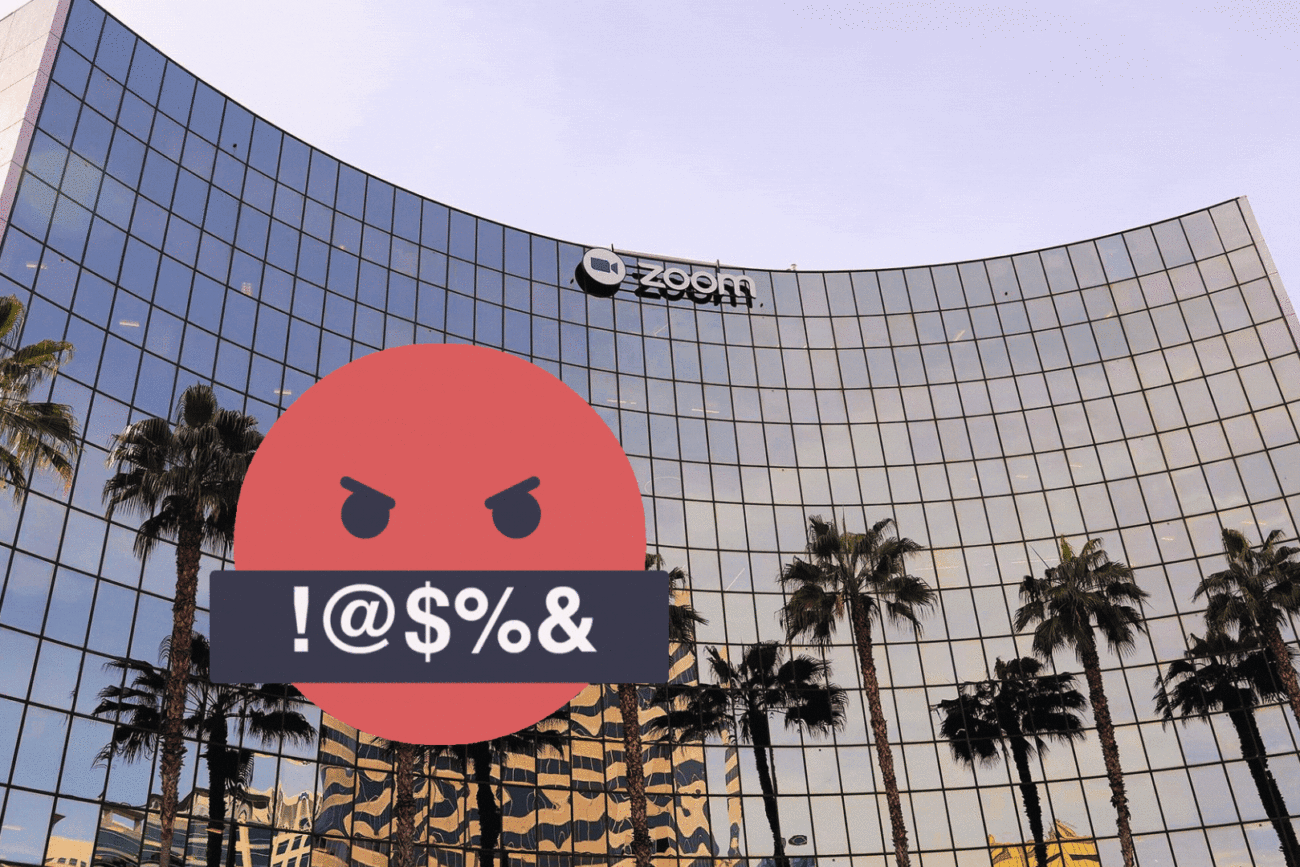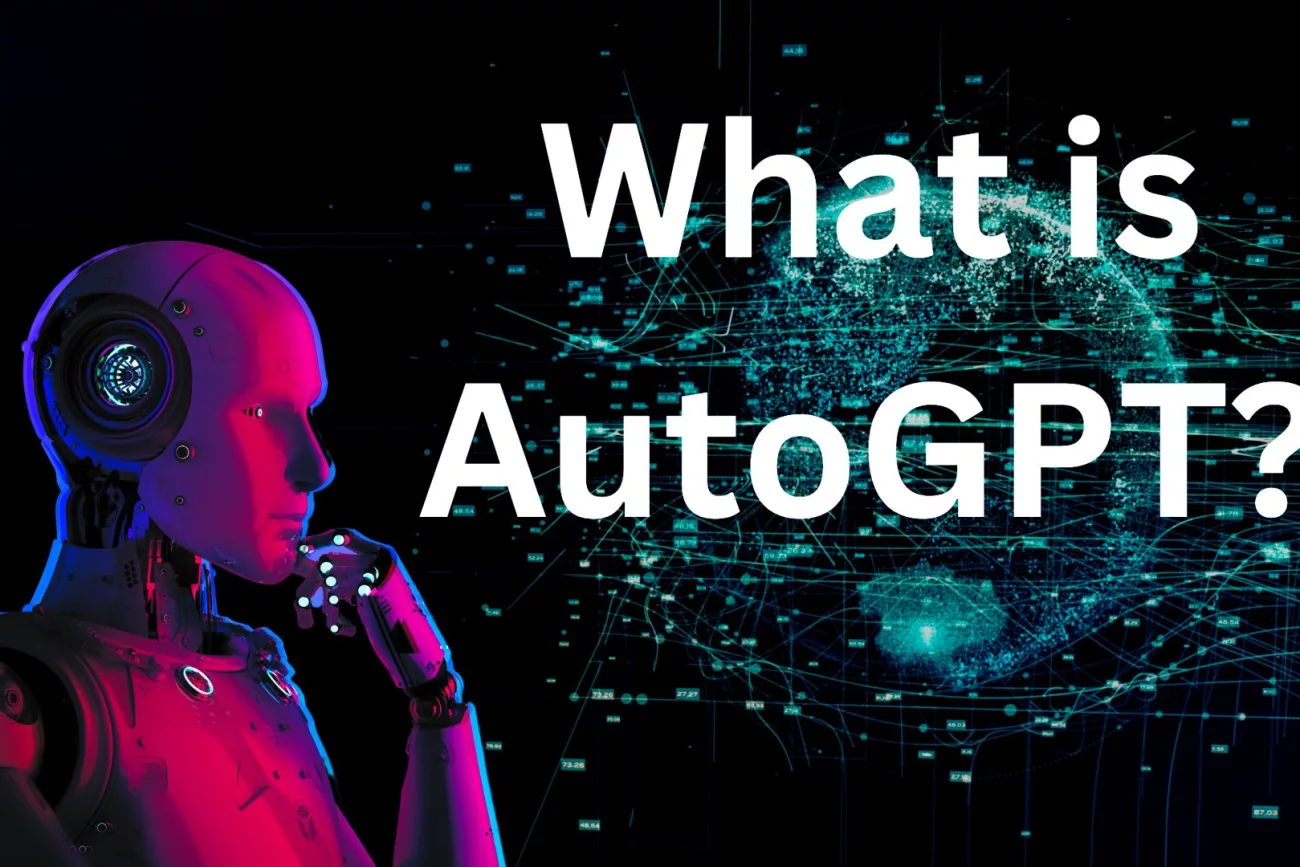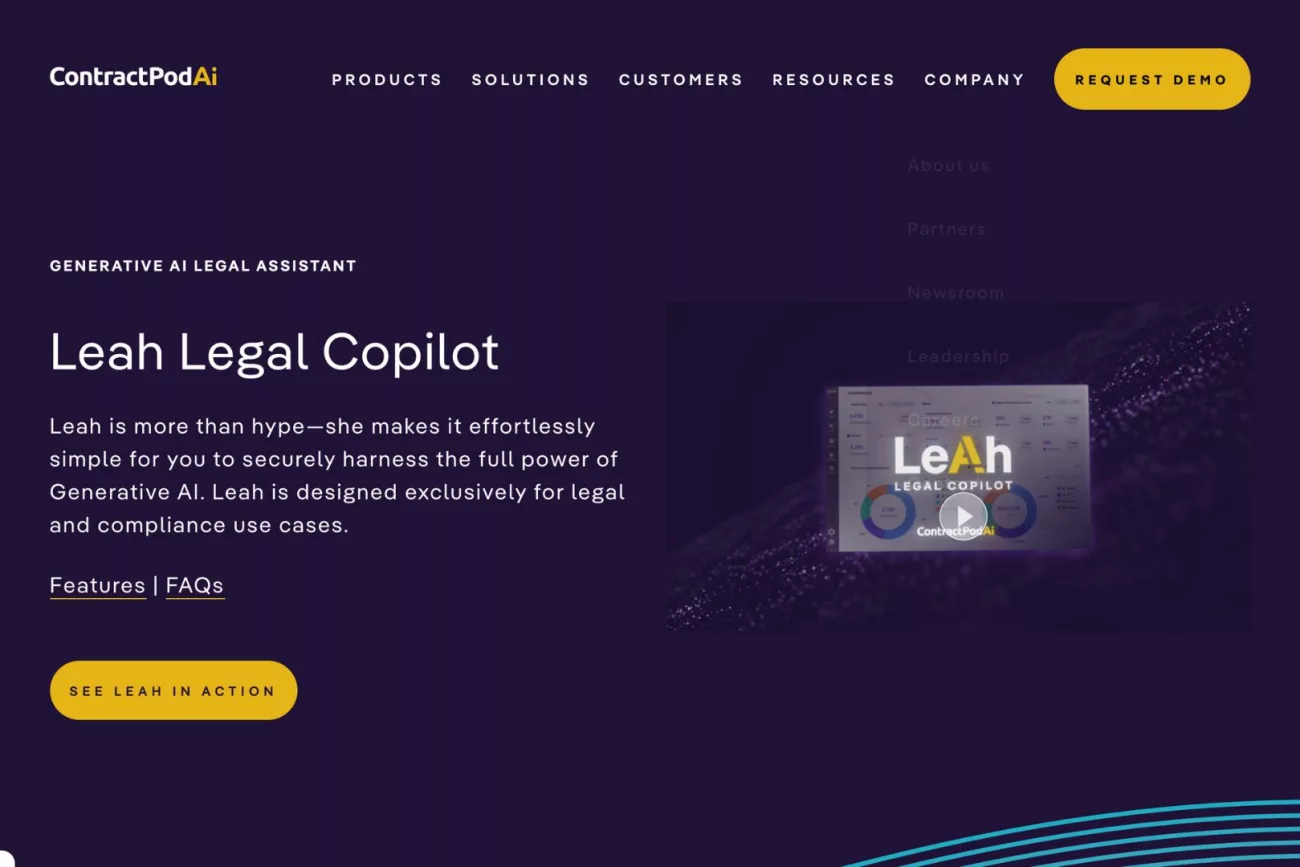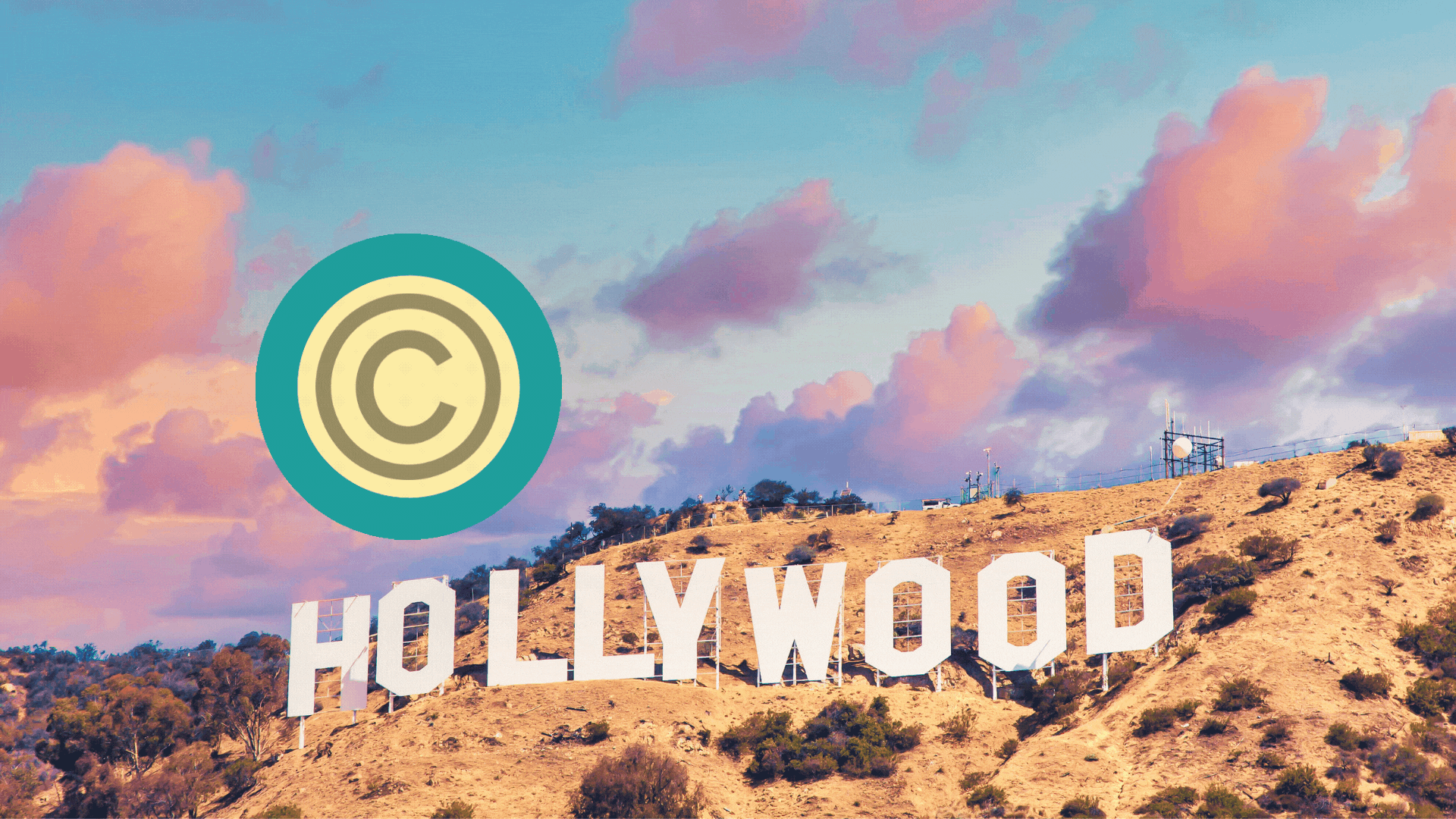
Key Points:
- Hollywood’s illusion has led many to believe that copyright is the primary tool for artist protection against AI.
- Changes to copyright law are likely to favor studios, labels, and publishers over creators and the public.
- Historical attempts to ban technology have failed, with society eventually finding more reasonable uses for the technology.
- Embracing AI, as artist Grimes has done, can lead to creative and beneficial outcomes.
🚀🎬🎭 Lights, Camera, AI: The Copyright Conundrum 🎭🎬🚀
A few moons ago, I found myself in the digital company of Hollywood’s glitterati – writers, actors, directors – all grappling with the AI enigma. The question on everyone’s lips was, “Can copyright shield us from the AI storm?” and if not, “How can we weaponize copyright to our advantage?”
As a legal professional, I’ve been vocal about my skepticism towards the flurry of copyright lawsuits against AI companies. The accusation? That training their Language Models (LLMs) infringed copyright law. But isn’t training akin to learning? We wouldn’t dare say that reading a book and gaining knowledge from it violates copyright law, would we? 📚🤔
Yet, I find myself bemused by the obsession with copyright law as the magic wand to “fix” the perceived AI problem.
🎥🎞️ Hollywood’s Illusion and the Copyright Mirage 🎞️🎥
I can’t help but think this is a symptom of Hollywood’s decades-long illusion, convincing the world that copyright is the knight in shining armor for “protecting artists.” But let’s debunk this myth. Copyright was birthed as a tool to safeguard the interests of the middlemen and gatekeepers, not the artists and creators themselves.
Hollywood’s greatest magic trick? Convincing creators that the copyright tool, used to exploit them, is actually in their best interest. 🎩🐇
So, it’s hardly surprising that many artists instinctively reach for copyright as their weapon of choice to “deal with” the AI conundrum. This has led to a series of bewildering hearings, such as the one held last week by the Senate Judiciary Committee, focused on copyright and AI.
🏛️📜 The Misplaced Focus on Copyright 📜🏛️
But the spotlight on copyright seems misplaced. As I explained to my Hollywood group chat, creators banking on copyright for protection are setting themselves up for a world of disappointment. Even if Congress changes copyright law, it will be skewed to favor the interests of the studios, labels, and publishers, who have always ensured that copyright works to their advantage over those of the creators and the public.
If content creators are worried about the impact of AI on their livelihoods, copyright is likely a poor choice overall. If they’re hoping for a legal tool that will magically shield their jobs from new technologies, they’re in for a rude awakening.
🚫📼 The Failed Attempts to Ban Technology 📼🚫
Historical attempts to ban technology have always failed, replaced by society eventually figuring out how to use the technology in a more reasonable way (often leading to more products, and even more revenue for those who were initially scared of the technology).
Remember when Hollywood studios fought tooth and nail against the VCR? The MPAA’s Jack Valenti even compared the VCR to the Boston strangler. Yet, just four years later, home video revenue surpassed box office receipts.
🎶🤖 Embracing AI: The Grimes Example 🤖🎶
Fast forward to today, and we’re seeing creative folks figuring out ways to embrace, rather than shun, AI. Take the artist Grimes, for example. She didn’t rely on copyright when she told everyone to use her AI-powered voice in any songs they wanted, in exchange for sharing 50% of the revenue back with her.
Within a month, there were hundreds of songs, some generating real revenue for Grimes (and whoever created them). And Grimes seems thrilled with all this.
🌊🔧 Embracing the Wave, Not Fighting It 🔧🌊
I’m not saying that everyone needs to follow Grimes’ lead and release their voice or likeness for anyone to use. But with every new technological breakthrough, we see the same pattern. Some folks freak out about it and rush to copyright law to try to “protect” the old ways of doing things. But then we see more creative folks embrace the new technology, not worry about the copyright implications, and figure out what’s best for their fans and creativity as a whole.
This conversation would be far more productive if we all focused on figuring out creative ways to embrace the technology and do more with it, rather than falling back on trying to use the wrong tools (copyright) to try to hold back the tide.
So, let’s stop rushing to copyright as a tool to “solve” the problems of AI. Instead, let’s embrace the wave of change and ride it to new heights of creativity and innovation. 🌊🏄♀️🚀
And while you’re here, why not sign up for our newsletter? Stay updated on the latest in the intersection of law, technology, and creativity. Let’s navigate the future together. 📧👩⚖️👨⚖️
Share this post
Frequently Asked Questions (FAQs)
Q: Is copyright a viable tool to protect artists from AI?
A: While copyright is often seen as a tool for protection, it may not be the best choice when it comes to AI.
Q: How has Hollywood influenced the perception of copyright?
A: Hollywood has perpetuated the myth that copyright is the primary tool for protecting artists, when it often benefits middlemen and gatekeepers.
Q: Can copyright law be changed to protect artists from AI?
A: Even if copyright law changes, it’s likely to favor studios, labels, and publishers over creators and the public.
Q: What are some examples of artists embracing AI?
A: Artist Grimes is a prime example, having allowed her AI-powered voice to be used in songs in exchange for revenue sharing.
Q: What's the future of copyright and AI?
A: The future likely involves more creative ways to embrace AI, rather than relying on copyright to protect old ways of doing things.



